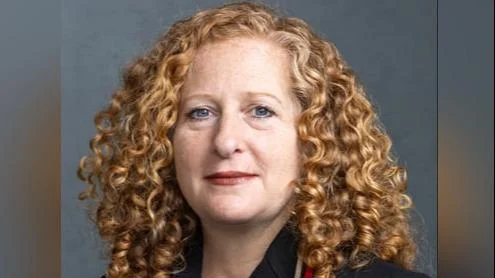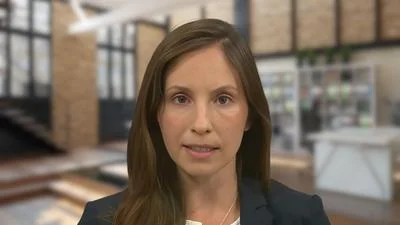Jennifer Mnookin Chancellor | Official website
Jennifer Mnookin Chancellor | Official website
Researchers at the University of Wisconsin–Madison are developing an application using augmented reality to improve home safety for older adults. The project aims to create a more streamlined and affordable method for conducting home assessments that could reduce the incidence of falls among the elderly.
"Anything we do to prevent falls is really important," said Ann Albert, executive director of AgeBetter, a Wisconsin-based nonprofit. The urgency of this issue is underscored by the fact that older adults in Wisconsin face the highest risk of death following a fall. As the U.S. population ages, with a projected increase in households headed by someone aged 65 or older, solutions like these are increasingly vital.
Home assessments are crucial for determining necessary modifications, such as adding grab bars or ramps. Programs like AgeBetter's Safe at Home, which provides free or low-cost home assessments, help in making homes safer and tasks easier. However, such assessments can be costly, and in rural areas, professionals to conduct them are scarce.
The Augmented Reality Home Assessment Tool (ARHAT), a prototype app, guides users through assessing their living spaces, using technology embedded in iPhones and iPad Pros since 2020. This app superimposes visuals that help identify accessibility barriers and generates reports recommending modifications compliant with the Americans with Disabilities Act (ADA).
UW–Madison’s design studies and kinesiology professors lead the project, with contributions from design studies PhD student Dowon Lee and others. Kevin Ponto, design studies professor, expressed confidence in the app's ability to improve accessibility assessments, stating that the technological approach is superior to traditional paper methods.
Beth Fields, an occupational therapist and associate professor, noted the tool's potential benefits, describing it as "innovative and really beneficial to clinicians." Lee, along with Ren Chang and other university contributors, played significant roles in developing the tool's functionality.
Currently, ARHAT is intended for occupational therapists and similar professionals. However, the team hopes that future versions will be accessible to the general public. Beth Fields emphasized the tool's efficiency, saying, "The fact that you can use your phone and do all of those measurements digitally versus manually will be such a time saver, and a cost saver for health care agencies and systems."
Albert from AgeBetter agrees, calling the app "remarkable" for its ability to provide real-time information simply and effectively.






 Alerts Sign-up
Alerts Sign-up